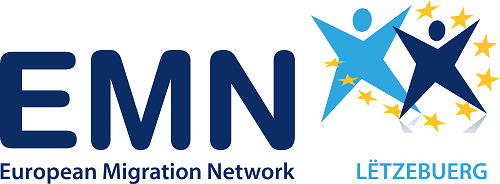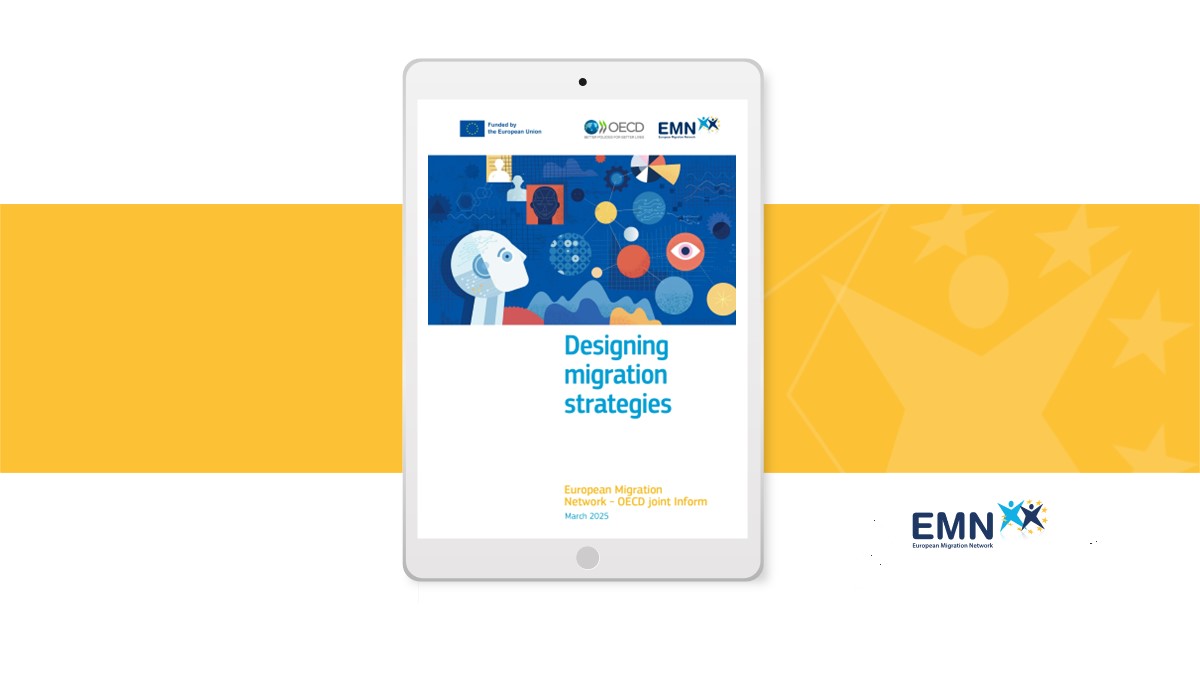The European Migration Network (EMN) inform ‘Access to remedies for international protection applicants’, provides a detailed examination of how EMN Member Countries organise their first instance appeals procedures. The inform delivers a comprehensive comparative analysis, reflecting on procedural safeguards, key challenges, and good practices observed across the EU. This assessment supports the implementation of the EU Pact on Migration and Asylum by offering policymakers comparable data for procedural reforms. Covering the period from 2018 to 2024, it outlines the different approaches taken by 22 EMN Member Countries[1] to manage appeals across the EU.
[1] This inform was prepared on the basis of national contributions from 22 EMN NCPs (AT, BE, BG, CY, CZ, DE, EE, EL, ES, FI, FR, HR, HU, IE, LT, LU, LV, NL, PL, SE, SI, SK).
The right to an effective remedy is a cornerstone of both EU and international human rights law, ensuring applicants for international protection can challenge asylum decisions through fair and accessible appeals procedures. This right, recognised under EU law, and international law and frameworks, like the recast Asylum Procedures Directive, the European Convention on Human Rights, and the Universal Declaration of Human Rights, includes safeguards such as state-funded legal assistance and reasonable time limits for lodging appeals. As asylum applications and, consequently, first-instance decisions have risen sharply in recent years, understanding and improving appeals procedures is vital, particularly with the upcoming implementation of the Asylum Procedure Regulation, which will apply as of 12 June 2026.
Between 2018 and June 2024, 12 EMN Member Countries introduced operational improvements to their first instance appeals procedures , leveraging digital technologies such as online hearings and the electronic submission of documentation. These advancements streamlined processes and modernised appeals systems, but challenges such as capacity constraints, growing caseloads, backlogs, and limited access to legal assistance persist.
Several good practices have been implemented by EMN Member Countries. Measures to prevent backlogs, strengthen the capacity of competent bodies and advance digitalisation have proven effective. Innovations have also included standard operating procedures (SOPs) to provide clear guidance for staff, the establishment of strict legal time limits for issuing appeals decisions and the creation of specialised territorial chambers to reduce appeal costs for applicants.
French translation of the Inform was kindly provided by EMN France.
For further information, please read the Inform attached below.

